Bakery Simplicity - A Recipe for Building Better Communities
Text by Steve Jarvis Photographs by Bakery Simplicity |
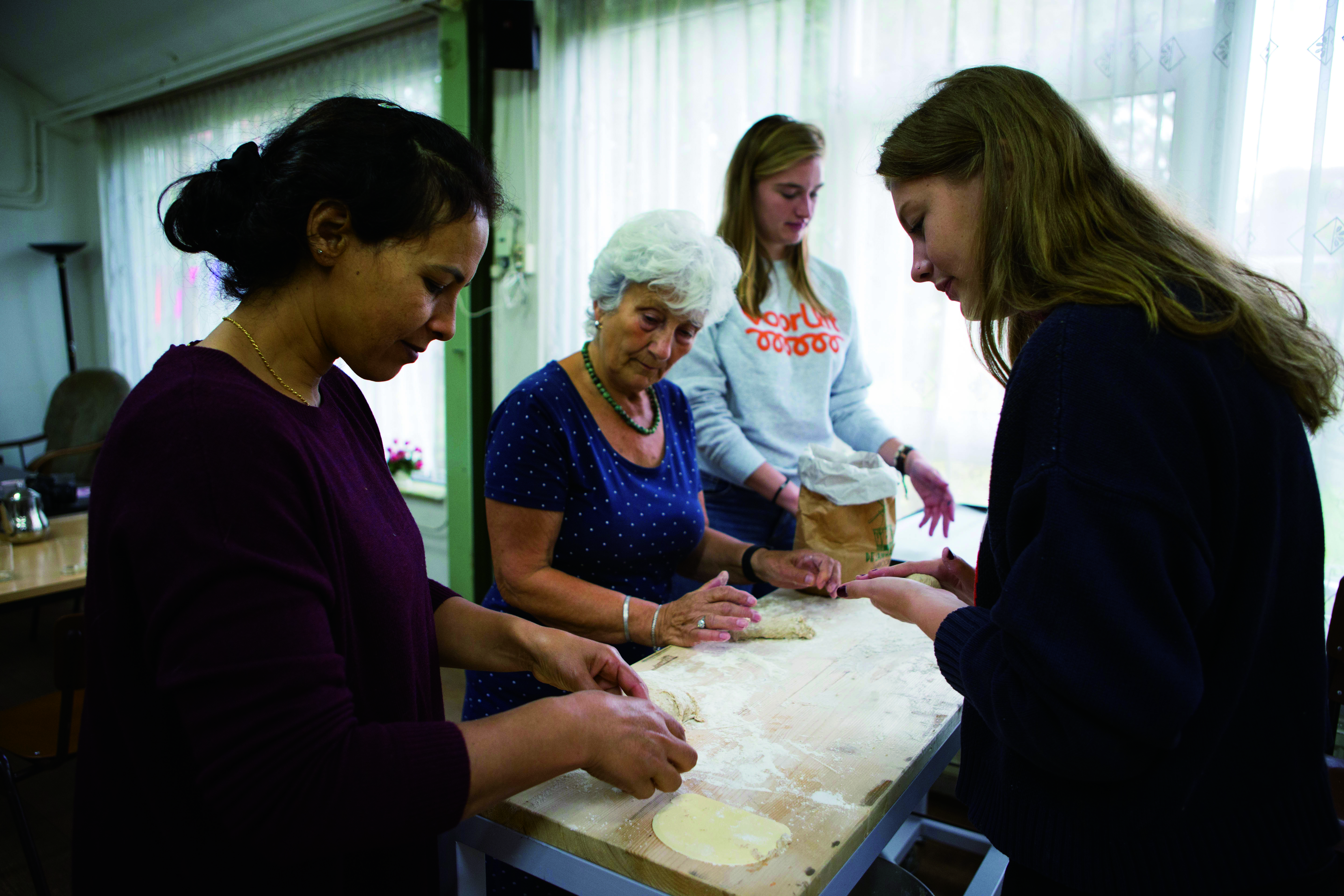
|
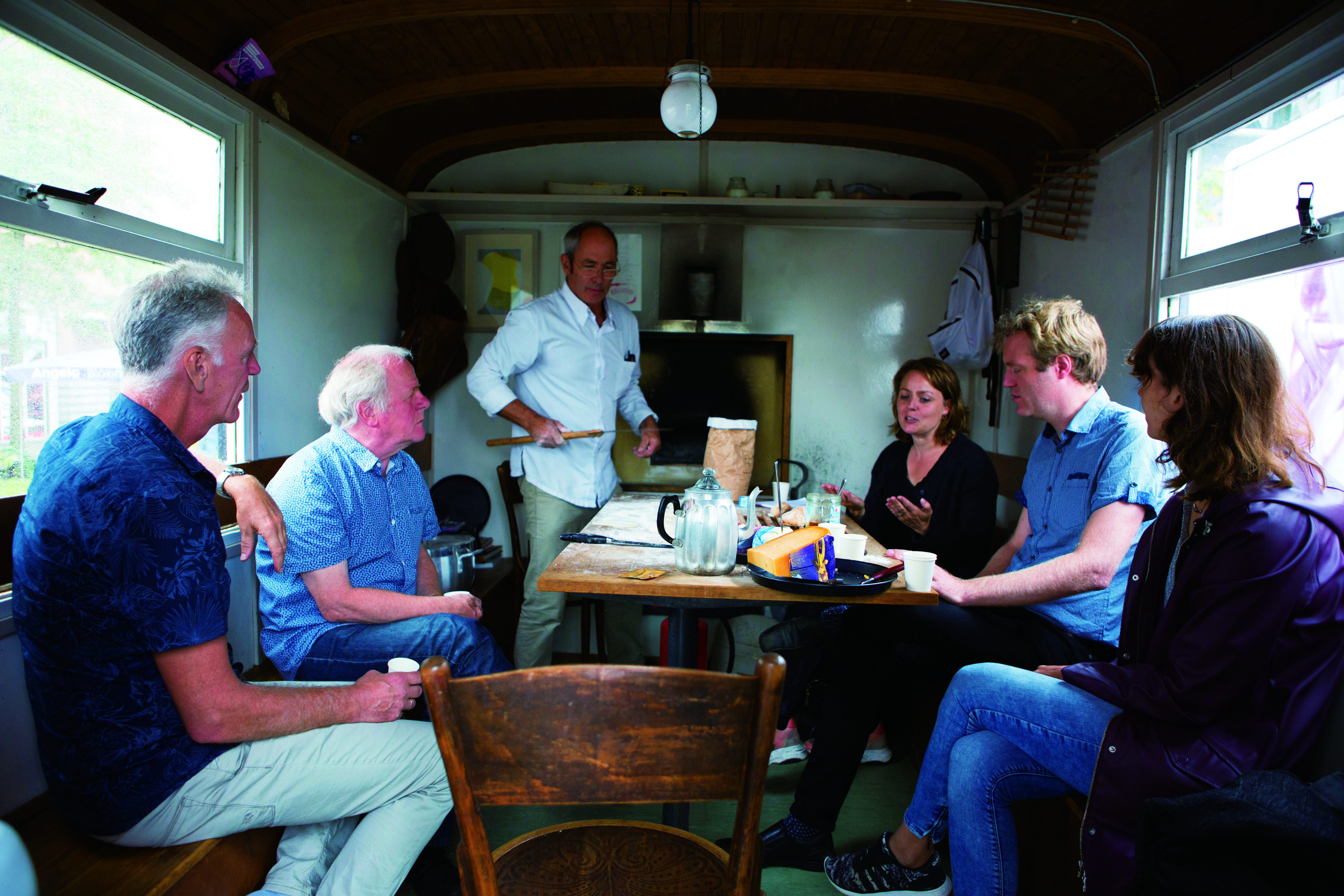
|
This form of ‘baking communication’ is the idea of Dutch social designer Peik Suyling, who thinks such an honest and simple activity brings quiet and focus to people, allowing reflection and providing a foundation for changing perspectives. He has a theory, “Baking bread is possibly one of the first food systems that was built on peace, meaning you need safety and stability in order to get the necessary components to create bread. Consuming the bread is the end result of having these conditions, and it naturally creates a peaceful environment.” Suyling suspects this emotional response is hardwired in the human brain. “It is not fast food; you need time, patience and acceptance of process to get the end result.” |
The project first took root in New West, a depressed area on the outskirts of Amsterdam’s Old City. Originally designed in the 1950s as a family housing development, in recent decades an aging population, dated housing, and successive waves of immigrants took the shine off New West’s image and replaced it with wide-ranging and seemingly intractable social problems. The origins of Bakery Simplicity lie in a neighbourhood workshop established by Suyling and some collaborators in New West, in a space donated by the local government that housed a range of tools and equipment for people to build, repair and design products as they pleased. Suyling, a passionate baker, took advantage of the workshop to experiment with building a mobile bakery inside a disused caravan. The first step was to create an oven, so he started to build a basic brick and clay oven in the van, and it caught the attention of the many people using the neighbourhood workshop. Suddenly he had lots of people helping him make the oven, and before long they had created a space for people to gather for the workshop’s weekly meetings, and discuss matters over freshly baked bread and coffee. It was at this point Suyling's social designer antenna started to twitch when he saw people getting ideas and becoming enthusiastic about projects as they were baking. He realised that he had stumbled upon a simple way to get people communicating at a deeper level. |
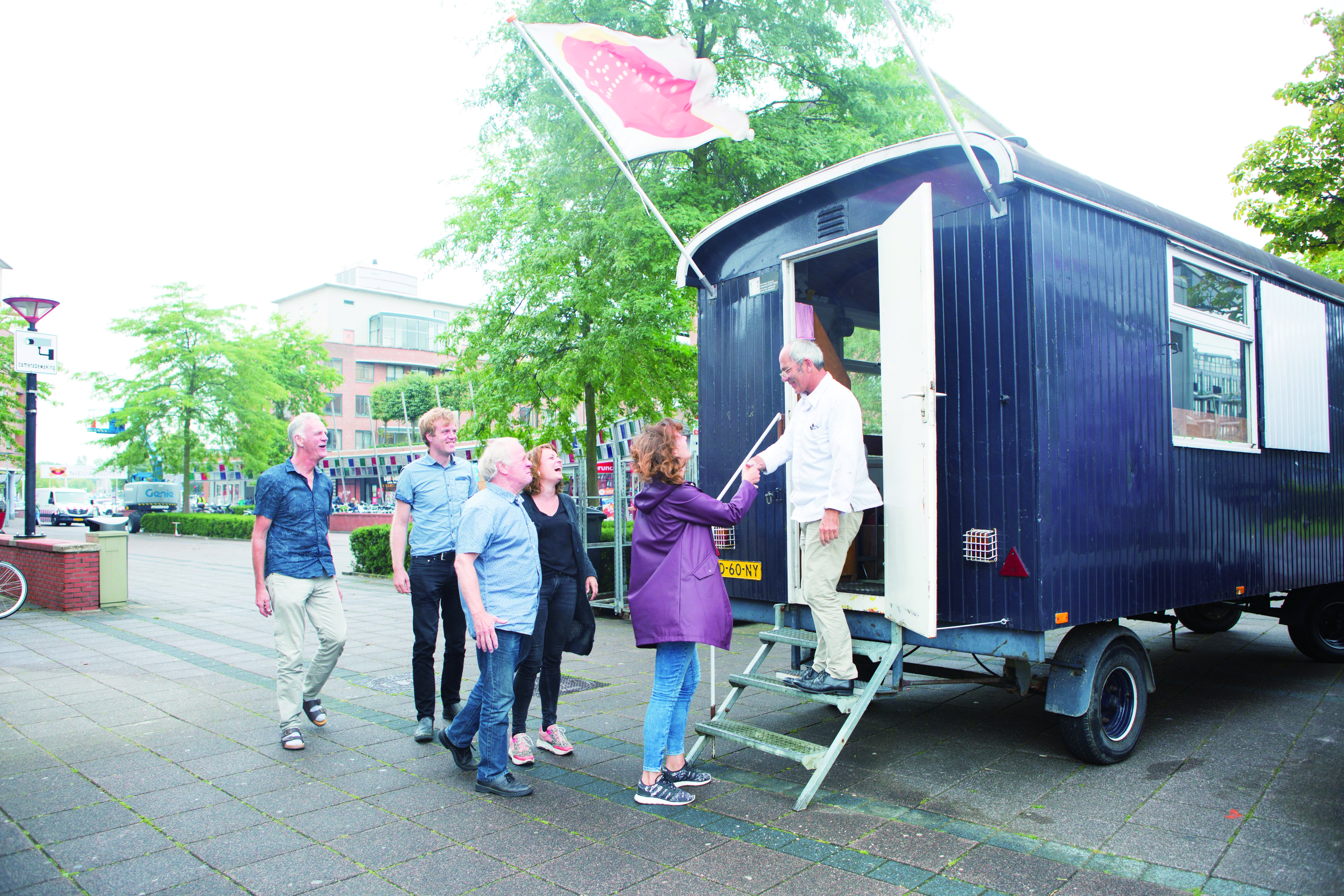
|
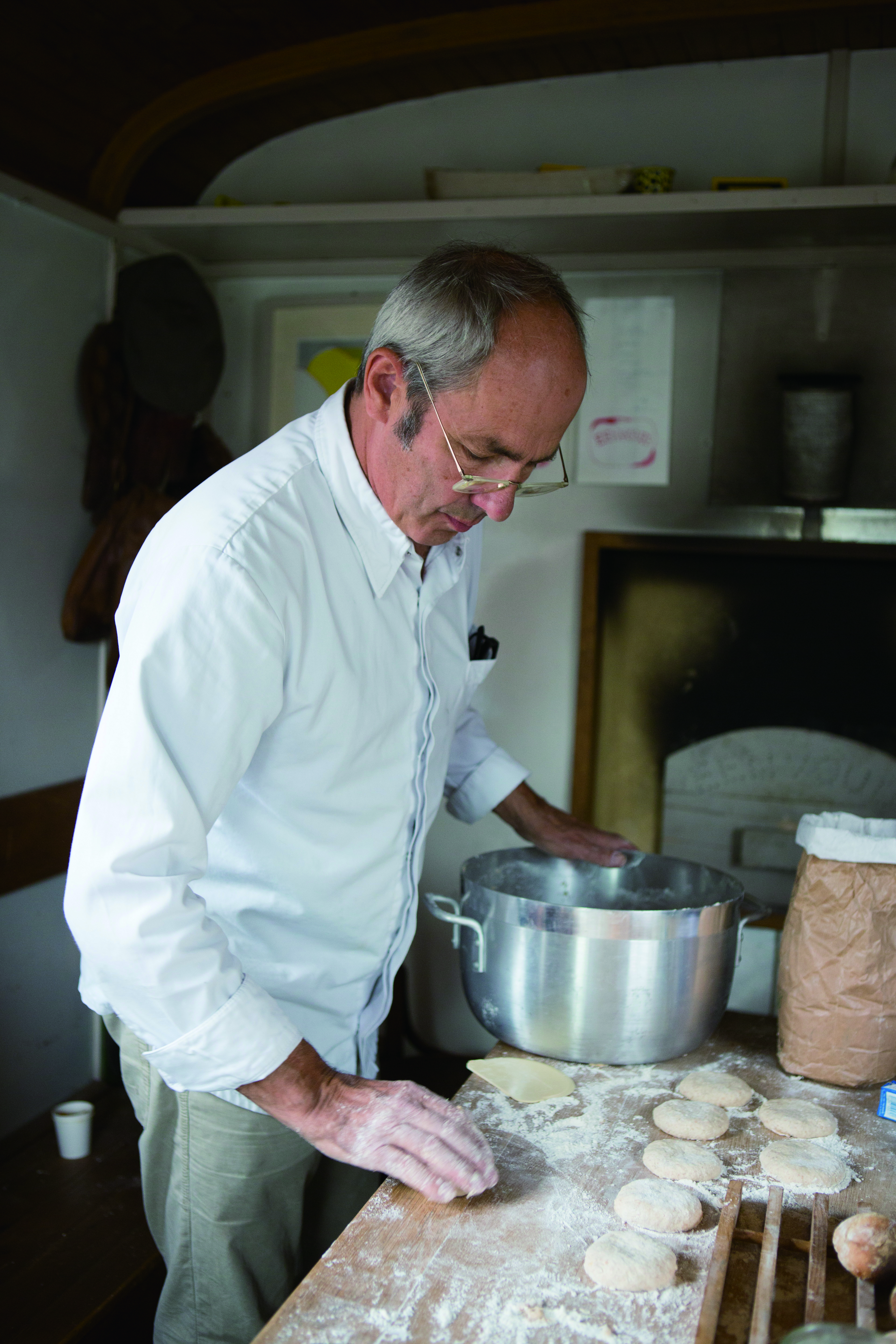
|
With the support of local councils and a philanthropic donor, Bakery Simplicity has been able to grow to eight bakeries spread over four cities in the Netherlands. Four of the bakeries are mobile caravans, which can be moved to areas in need of enhanced social communication, or used for events to share knowledge and brainstorm community building ideas. Suyling points to the fixed bakeries, such as a bakery in New West’s Community Centre, to highlight the potential for bread-based community building. The idea for a communal oven in Schakel was proposed by Moroccan and Turkish immigrants, who came from cultures where community ovens are widespread. |
Others

Latest News | 1 May 2020
The Simplicity of Wellness Design
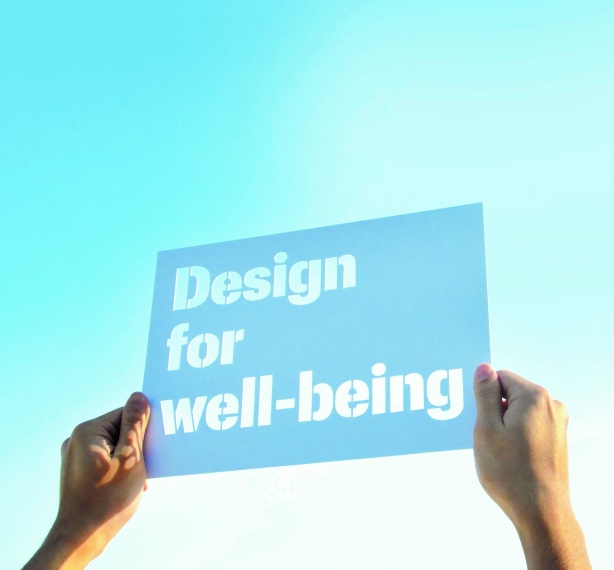
Latest News | 1 May 2020
Design For Well-Being
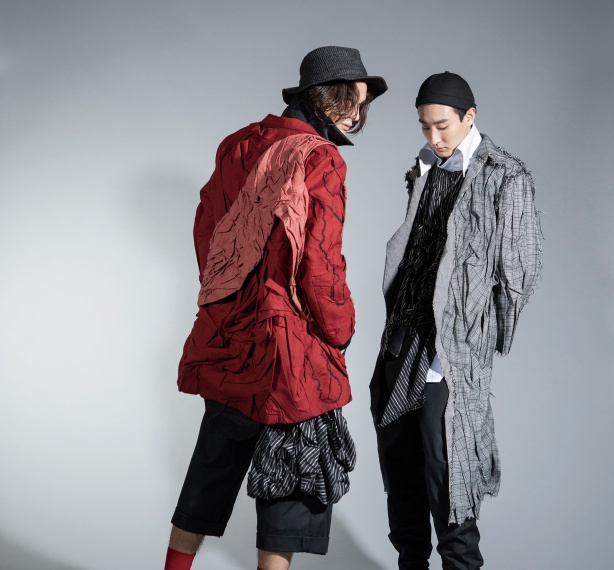
Latest News | 1 May 2020
Fashion Endeavours - 2020 DFA Hong Kong Young Design Talent Awards
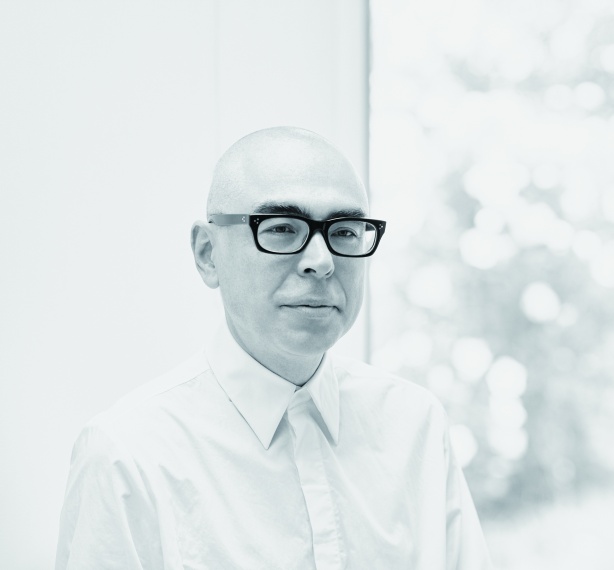
Latest News | 1 May 2020
The Road of My Cyber Physical Hands
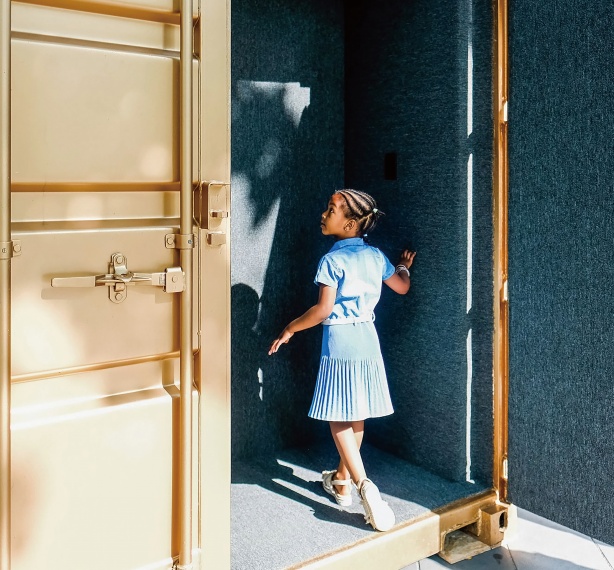
Latest News | 1 May 2020
Wellness by Design
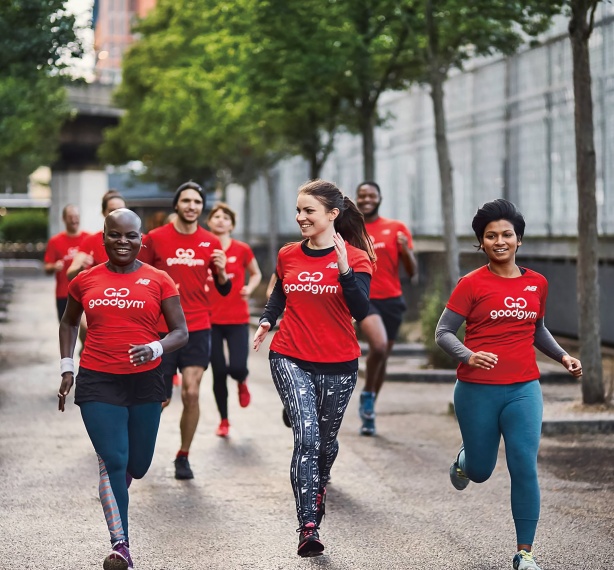
Latest News | 1 May 2020
Good Gym - Fit Bodies Make Healthy Communities
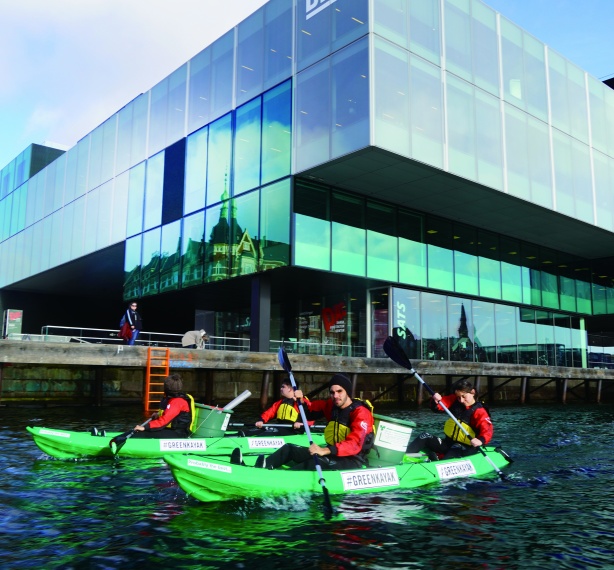
Latest News | 1 May 2020
GreenKayak - Paddling to a Better Environment
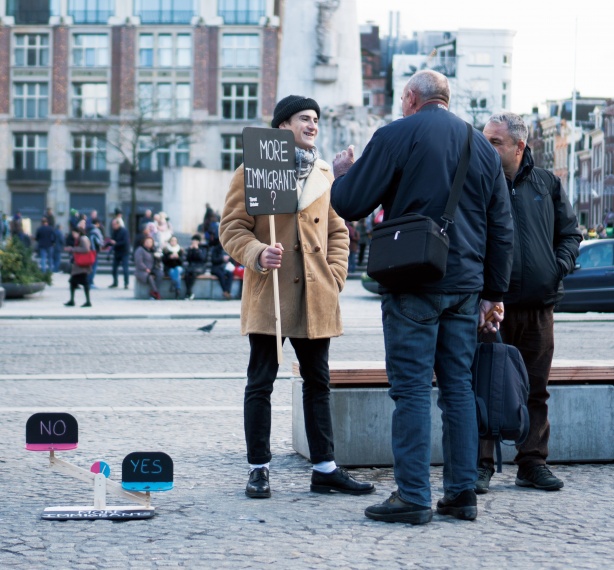
Latest News | 1 May 2020
Street Debater - Conversations for a Better Society
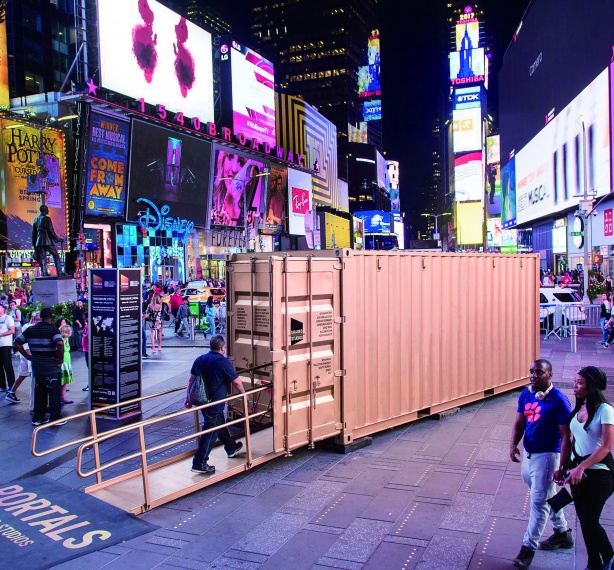
Latest News | 1 May 2020
Shared Studios - Portals to Better Understanding
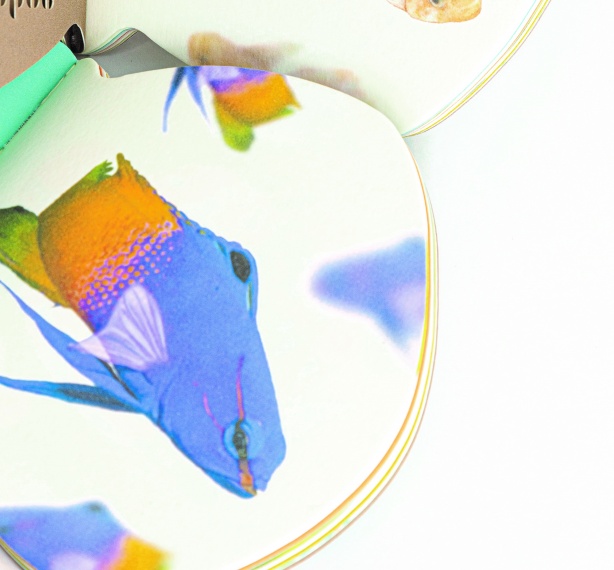
Latest News | 1 May 2020
Printed Passion - The 31st Hong Kong Print Awards 2020
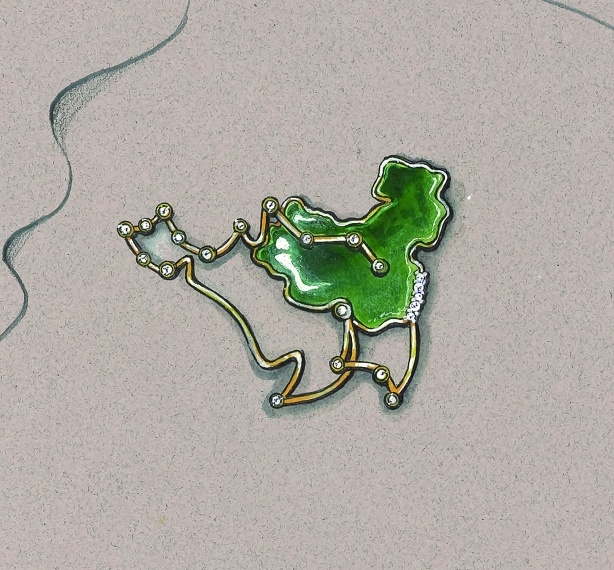
Latest News | 1 May 2020
Jewellery - Jadeite Connections
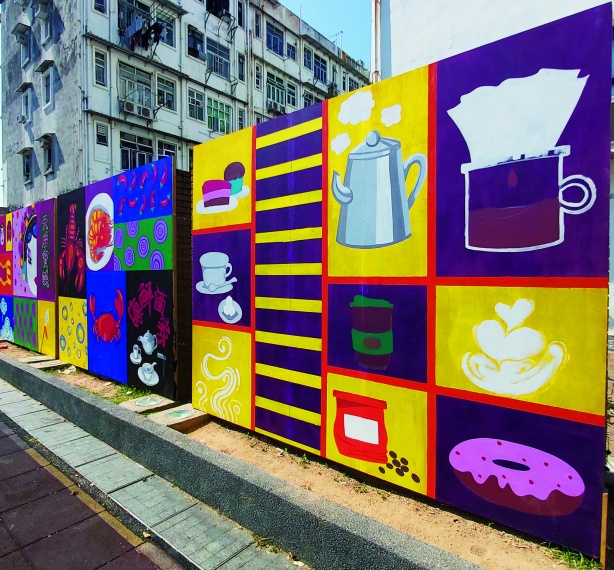
Latest News | 1 May 2020
Ones to Watch - Dress-up Sai Kung
